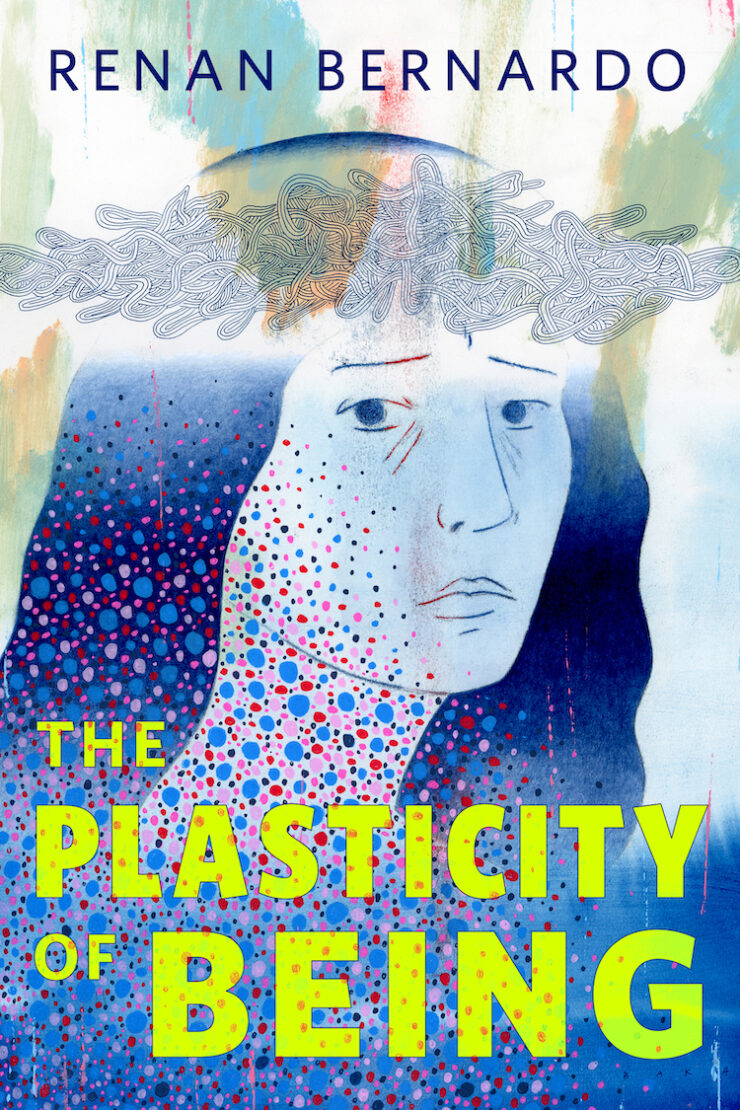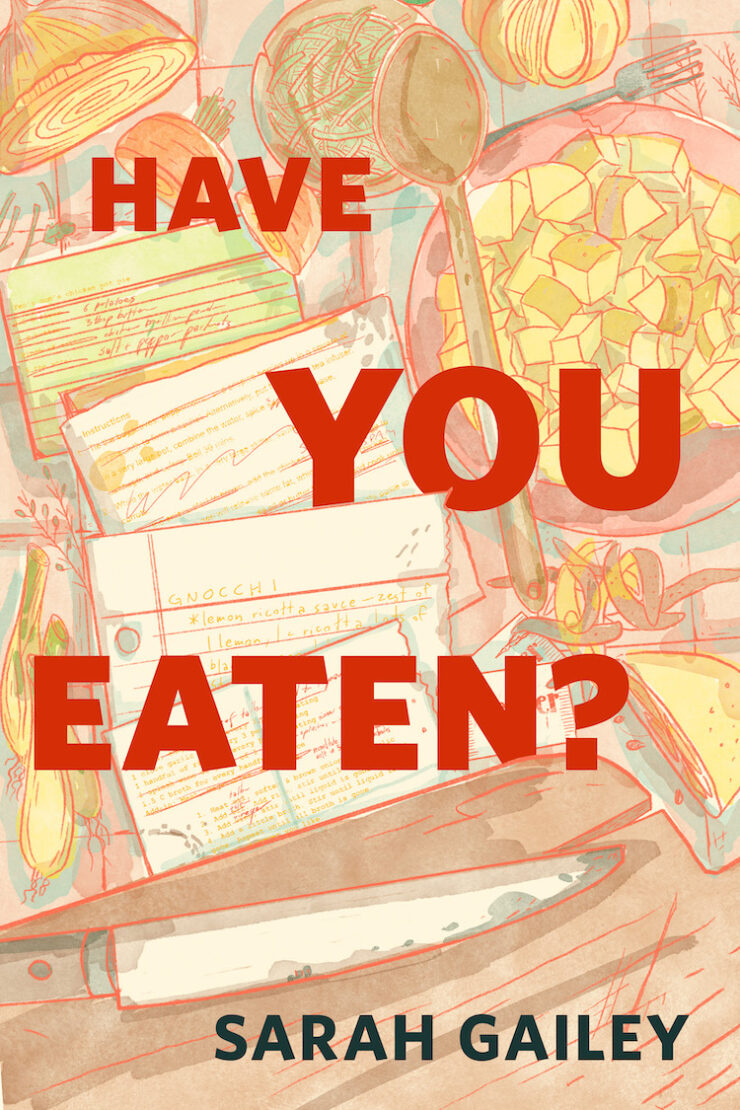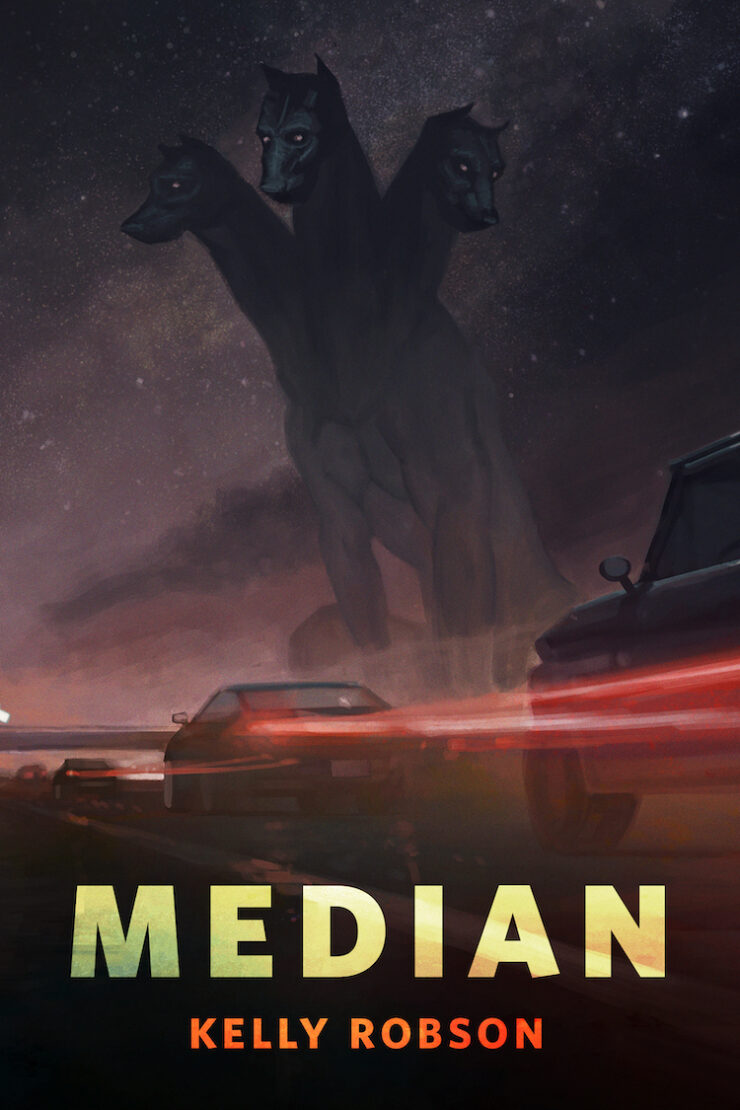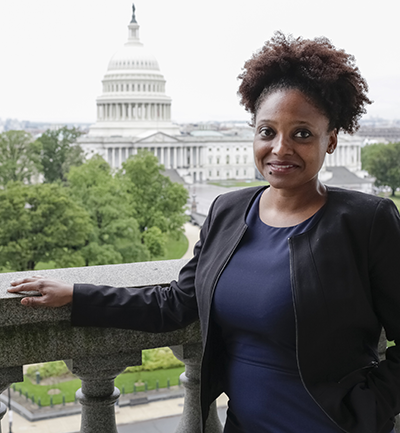Last week, in the Thomas Jefferson Building auditorium at the Library of Congress, the newest U.S. Poet laureate, Tracy K. Smith, gave her inaugural reading.
Why am I writing about this on Tor.com, you might ask? Read on, friends. Smith has nerd cred to spare.
In grade school, Smith says she found poetry’s meter and rhyme scheme “akin to magic.” (from her memoir, Ordinary Light.) Sure sure, you say. Everyone tosses “magic” around. And the literary world in general sometimes seems to want nothing to do with science fiction, except to play with the shiny bits. But wait, there’s more…
Smith grew up in a science and science fiction family. At the Library of Congress, she talked about her father coming home from working on the Hubble Space Telescope, and sitting down to read Larry Niven. Her mother, a teacher, passed away when Smith was just out of college. Her first two books of poetry—The Body’s Question and Life on Mars—act as memorials to her parents. But they are also more than that; they are lyrical investigations of a person coming to terms with the universe.
Yeah, I’m kind of a big fan.
I love poetry’s lilt. Its meter. I love the way it can carve a page open, with the deftest of knives.
I studied poetry for much of my late teens and early twenties. Around the same time that Smith studied at Harvard and Columbia with poets Helen Vendler, Lucie Brock-Broido, Henri Cole, and Seamus Heaney, I was studying with Rita Dove and Charles Wright, Larry Levis, and Heather McHugh. My career took a different direction—and I’m glad for it, but I still keep my eye on poetry. Smith caught my eye first with her 2011 collection, Life on Mars (Greywolf Press), and then the one before it, The Body’s Question. I’m reading her memoir, Ordinary Light, now.
Smith uses the conventions and themes of science fiction, westerns, and other genres as tools, much as many of us do who write within genre. She’s said she views them as “distancing devices,” and “a way to shift the metaphor.” (NYT, 6/14/17) and for that I recognize her honesty. I’m also hopeful that if enough literary writers re-envision science fiction as a tool, rather than a gimmick, it might act as a bridge between genre and literature—one that allows passage both ways. I think we’re seeing much more of that now—especially in writers like Carmen Maria Machado and Kelly Link.
Smith’s poems act as a part of that bridge—the science fictional poems especially, but also her upcoming and more recent work: a libretto in progress and a book that includes the exploration of Black Civil War soldiers’ voices—doing the work with language and imagery that we sometimes view as our turf: starfields, aliens, alternate and hidden histories, zombies. She puts her hand out into space and draws starstuff down to the page.
Here’s what I’m talking about: the newest Poet Laureate of the United States wrote this in 2011:
My God, It’s Full of Stars (excerpt) Tracy K. Smith
1.
We like to think of it as parallel to what we know,
Only bigger. One man against the authorities.
Or one man against a city of zombies. One manWho is not, in fact, a man, sent to understand
The caravan of men now chasing him like red ants
Let loose down the pants of America. Man on the run.Man with a ship to catch, a payload to drop,
This message going out to all of space. . . . Though
Maybe it’s more like life below the sea: silent,Buoyant, bizarrely benign. Relics
Of an outmoded design. Some like to imagine
A cosmic mother watching through a spray of stars,Mouthing yes, yes as we toddle toward the light,
Biting her lip if we teeter at some ledge. Longing
To sweep us to her breast, she hopes for the bestWhile the father storms through adjacent rooms
Ranting with the force of Kingdom Come,
Not caring anymore what might snap us in its jaw.Sometimes, what I see is a library in a rural community.
All the tall shelves in the big open room. And the pencils
In a cup at Circulation, gnawed on by the entire population.The books have lived here all along, belonging
For weeks at a time to one or another in the brief sequence
Of family names, speaking (at night mostly) to a face,
A pair of eyes. The most remarkable lies.
—from “My God It’s Full of Stars,” Life on Mars, Greywolf Press, 2011
So, dear reader, when Tracy K. Smith was named U.S. Poet Laureate, I lost it a little (ask Theodora Goss—I filled her texts with a wall of delight). And when Smith talked about taking poetry to small towns across the country, because, as she told The New York Times in June, “Poetry is something that’s relevant to everyone’s life, whether they’re habitual readers of poetry or not,” I was even happier. The idea that poetry isn’t distant and hard to understand, or meant to be feared and struggled with, has parallels in how we once saw space, before we began reaching out to it, exploring, and bringing it home.
So when a friend at the Library of Congress asked me if I wanted to attend Smith’s investiture? I booked my ticket at lightspeed. I’m so glad I did. Smith read from Life on Mars and The Body’s Question as well as reading newer work about the legacy of slavery in the South, and she celebrated the junior poet laureate—Amanda Gorman—who at 19 is part of a new generation of artists swiftly coming into their own.
Most of all, though, I wanted to write about Tracy K. Smith at Tor.com because she writes lines like this:
…
Black noise. What must be voices bob up, then drop, like metal shavingsIn molasses. So much for us. So much for the flags we bored
Into planets dry as chalk, for the tin cans we filled with fire
And rode like cowboys into all we tried to tame. Listen:
The dark we’ve only ever imagined now audible, thrumming,
Marbled with static like gristly meat. A chorus of engines churns.
—excerpted from “The Universe as Original Motion Picture Soundtrack”
Smith’s language is that of the movies, primarily. She spoke during her investiture of her father’s work, but also how she came to science fiction through the movies—like 2001: A Space Odyssey—and the visual frame of cinema. Her reference is often from the movies, but it’s also auditory; you can hear it in the crackle of black noise, of sounds in outer space, or in the moment when we first saw photos from Mars in 1976.
Smith was four then. Not much older than me.
When someone told young-poet-me that no one wrote poems about rocket ships, I believed them. I refocused and wrote verse about the world around me, even as I began writing science fiction and fantasy very quietly, and somewhat rebelliously, on the side.
Smith? She laughed and kept on writing.
I love when someone reads her poems for the first time, that dawning recognition. That sense of—perhaps—poetry moving closer, becoming more accessible. Or at least a sense that we can move towards and out into the verses, if they’re written in a way that teaches us how.
In 2011, Smith’s second volume, Life on Mars (Greywolf Press), sent those discourses with the universe, the stars, 2001: A Space Odyssey, David Bowie, and more out into the world, where it won the Pulitzer Prize.
I know Smith comes from a side of literature that—perhaps—doesn’t always co-exist well with genre. And I get it. But I encourage you to take a look at Smith’s work, to seek her out if she comes to your town. New U.S. Poet Laureate Tracy K. Smith is brilliant, her work resonates. And, SF fans, with Life on Mars, especially, she’s broadcasting on our frequency.
And once you check out Life on Mars, you may also explore other SF poetry, too—like Sofia Samatar’s “Girl Hours”, and C.S.E. Cooney’s “Postcards from Mars”, and other lovely pieces in Stone Telling’s excellent Catalyst Issue, edited by Rose Lemberg and Shweta Narayan. Check out Catherynne Valente’s The Melancholy of Mechagirl (Mythic Delirium). Listen also to former poet laureate Rita Dove discuss Star Trek. And that bridge? The one between genre and literature? Look for the writers who are continuously crossing back and forth—Kelly Link, Carmen Machado, and many more.
In the meantime, I’m gonna go put more rocket ships in my poems.
Fran Wilde’s novels and short stories have been nominated for two Nebula awards and a Hugo, and include her Andre Norton- and Compton-Crook-winning debut novel, Updraft (Tor 2015), its sequels, Cloudbound (2016) and Horizon (2017), and the novelette “The Jewel and Her Lapidary” (Tor.com Publishing 2016). Her short stories appear in Asimov’s, Tor.com, Beneath Ceaseless Skies, Shimmer, Nature, and the 2017 Year’s Best Dark Fantasy and Horror. She holds an MFA in poetry, an MA in information design and information architecture, and writes for publications including The Washington Post, Tor.com, Clarkesworld, io9.com, and GeekMom.com. You can find her on Twitter, Facebook, and at franwilde.net.










